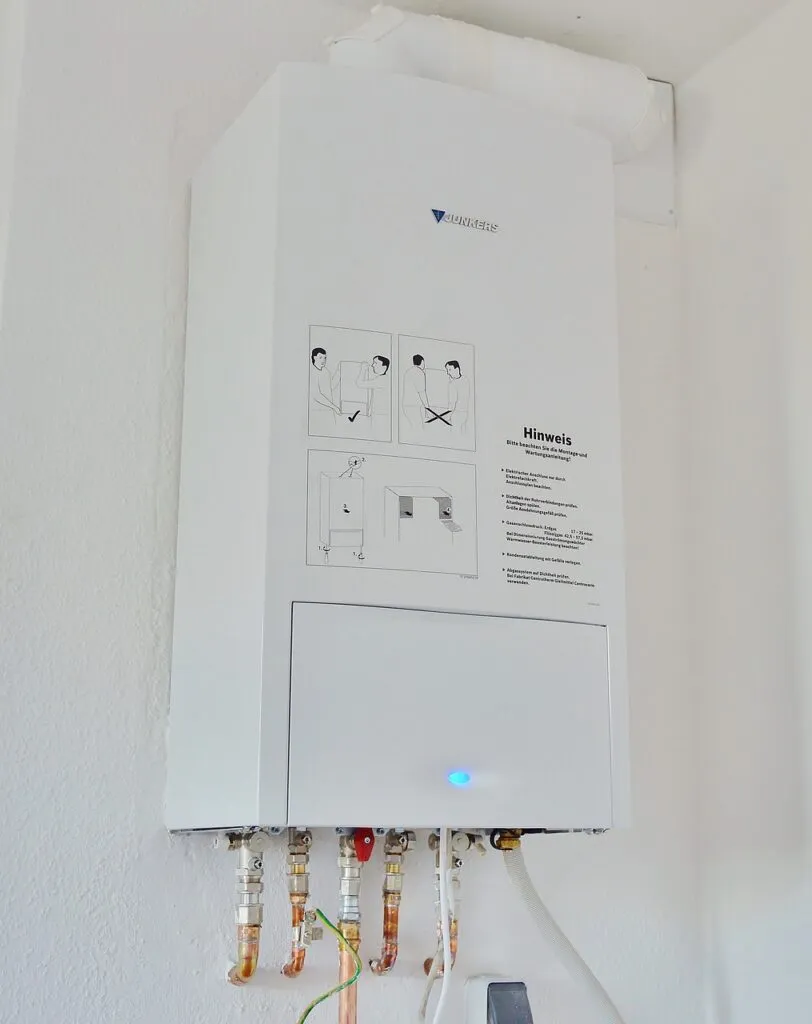Depending on your environment, spending limit, and hot water requirements, you have a few options to choose from if you’re in the market for a new hot water system. Heat pumps, solar, electric, and natural gas water heaters are the most popular varieties. Let us SunCity Hot Water present you with the advantages and disadvantages of each to assist you in selecting the ideal option for your house.

Electric Hot Water Heaters
Although it can be among the most expensive to operate over time, the traditional electric tank water heater is one of the most affordable options upfront. To heat water to the proper temperature using electric heating, a lot of electricity must be used. Electric tank heaters, however, require minimum maintenance and have few moving parts. Although tankless electric water heaters do not lose standby heat as storage tanks do, their flow rates might not be enough to meet numerous simultaneous hot water needs.
Main Points:
Pros:
- Availability and Simplicity: Electric hot water systems are widely used in many households due to their ease of installation and upkeep.
- Initial Cost: When compared to other systems, their initial costs are typically lower.
- Dependability: Regardless of the weather, electric systems can consistently deliver hot water.
Cons:
- Running Expenses: Because of the high cost of electricity, these systems typically have higher running expenses.
- Environmental Impact: If fossil fuels are used to generate power, electric water heaters may not be as environmentally friendly.
Solar Hot Water Heaters
When compared to a typical electric or gas water heater, solar water heating systems can drastically lower your hot water expenses because they heat water using the sun’s thermal energy. Nevertheless, installing solar collectors and a storage tank might come with a hefty upfront expense. In addition, most solar systems need a backup tank or other heat source in case of cloudy skies and higher hot water demands. Solar energy is a renewable resource that works best in sunny climates.
Main Points:
Pros:
- Energy savings: By utilizing the sun’s energy, solar hot water systems significantly lower energy costs.
- Environmental Benefits: Solar hot water systems are a great option for those who care about the environment because they don’t emit any greenhouse gases when in use.
Cons:
- High Initial Cost: The panels and the storage tank might come at a significant upfront cost for solar systems.
- Weather Dependent: Geographical location and weather conditions can have an impact on solar efficiency, making a backup system necessary.
Gas Hot Water Heaters
Compared to electric heaters, gas storage tanks, and tankless water heaters typically have cheaper operating costs. You do, however, require access to a gas supply line, which isn’t available frequently. While tankless types supply hot water just when needed, they cannot have enough flow to accommodate numerous hot water uses at once. Gas tank heaters have some standby heat losses. Compared to storage tank types, tankless heaters are typically more expensive upfront.
Main Points:
Pros:
- Efficiency: Compared to electric heaters, gas water heaters heat water more quickly and efficiently.
- Lower Operating Expenses: Since natural gas is frequently less expensive than electricity, there are fewer operational expenses.
- Reliability: Even in the event of a power loss, they consistently deliver hot water.
Cons:
- Initial Setup: If your house does not already have a gas line, installation may be more complicated and expensive.
- Environmental Concerns: Natural gas emits greenhouse gases even though it is cleaner than coal or oil.
Heat Pump Hot Water Heaters
One of the most cost-effective options available is a heat pump water heater which transfers heat from the surrounding air to the water. This means that compared to traditional electric heaters, they are roughly two to three times more energy efficient. However, because they generate cool air as a byproduct, heat pump water heaters often have greater upfront expenses and perform best in rooms that are properly sized.
Main Points:
Pros:
- Energy Efficiency: Compared with standard electric water heaters, heat pumps are substantially more energy-efficient since they transfer heat instead of producing it.
- Cost Savings: Eventually, lower overall expenses can be achieved by balancing the higher initial cost with energy savings.
Cons:
- Greater Initial Cost: Compared with traditional electric or gas systems, heat pump systems have a greater initial cost.
- Performance Variability: In colder climates, their efficiency may drop, requiring the use of an additional heating system.
Choosing Based on Your Circumstances
Your choice will depend on various factors including:
- Climate: In colder places, solar and heat pump systems might not be the best.
- Fuel Costs: Take into account the price of propane, gas, or electricity in your area.
- Budget: The initial prices of solar and heat pumps are higher, but they are less expensive to operate.
- Hot Water Usage: A higher capacity heater or a tankless system would be recommended if you have a large family with a high demand for hot water.
Take into account both the initial and ongoing operational expenses when choosing a new hot water system, taking into account your local energy rates and expected hot water usage. Search for models that have been rated higher for energy efficiency. Even though more costly options like solar, heat pump, or tankless models may initially cost more, they eventually pay for themselves in decreased energy costs. To determine what options are best for the layout and climate of your home, talk to local installers like SunCity Hot Water.
Get Quality Service and Free Quotes From Us!
Contact SunCity Hot Water for all your hot water installation needs! With quality services and a variety of different brands, we are surely your top pick when it comes to hot water services. You can even contact us with our 24/7 urgent service!
So contact us now and get your new hot water system installed and ready for use!
